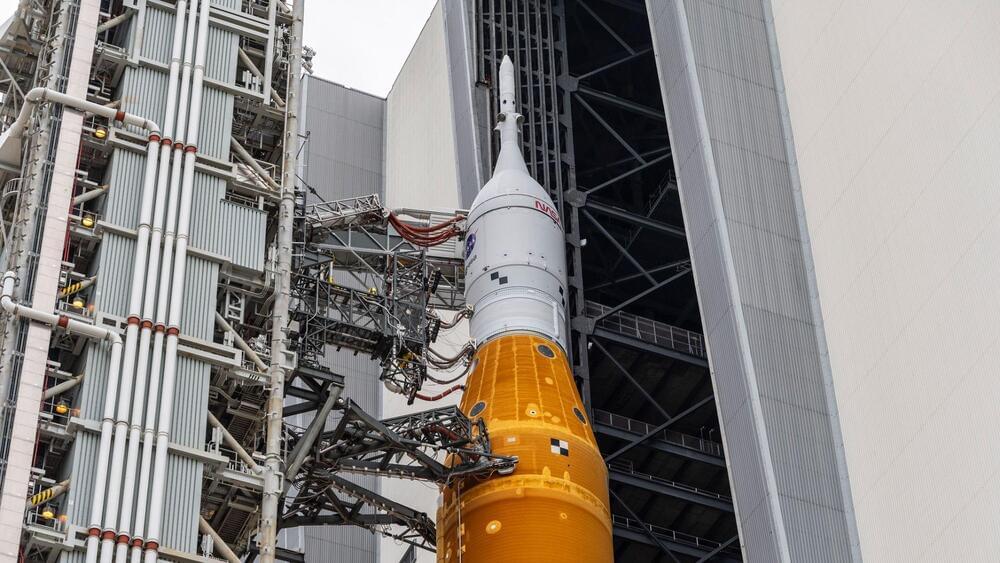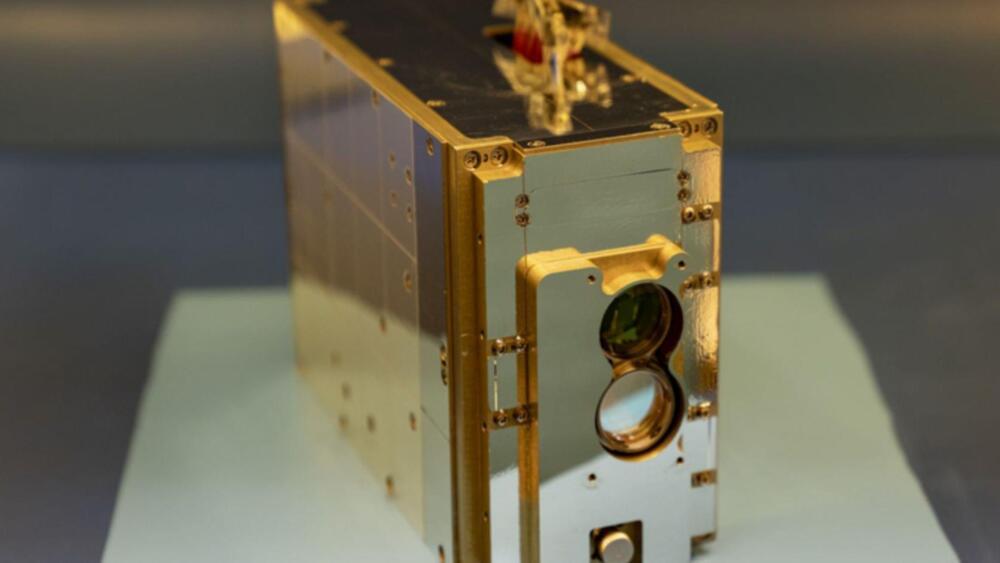LIDAR is to autonomous vehicles, as echolocation and sonar are to bats and dolphins.
Third-generation (L3) LIDAR provides Advanced Driver Assistance Systems (ADAS) with datasets and imaging to support full autonomy.


The artificial intelligence tool, known as FRAN, can make someone look a different age in five seconds.
Researchers at Disney have built an artificial intelligence tool that can make it easier for an actor to appear a different age on screen. Although digital artists can still make necessary modifications to make the effects in a scene look as realistic as possible, the artificial intelligence system can handle most of the aging effects.
Re-aging characters in films using AI
In movies and advertisements, it is costly to create photorealistic digital re-aging and requires artists to go through each scene arduously, frame-by-frame to manually change the character’s appearance and likeness.
Disney/WarnerMedia.

The ambitious proposal could help realize Elon Musk’s vision of SpaceX’s Starship as a “futuristic Noah’s Ark”.
A botanist and ecologist has crafted a detailed proposal for a flourishing green space on the barren, desolate surface of Mars, a report from CNET
Dreaming of an Earth-like environment on Mars.
3000ad/iStock.
The “extraterrestrial nature reserve”, or ETNR, would take the form of a greenhouse-like “forest bubble” designed to create an Earth-like ecosystem on the red planet. It would allow humans to experience a slice of home on Mars while also acting as a sustainable source of food and raw materials for early inhabitants.

Humans will launch aboard NASA’s Orion spacecraft for Artemis II, which is currently slated for a 2024 launch.
Incredible new footage from NASA’s moon mission Artemis I looks straight out of a Christopher Nolan sci-fi epic.
Lockheed Martin, the company that built the Orion spacecraft, shared the launch footage on its Twitter page, allowing viewers to imagine what it will be like for astronauts aboard NASA’s crewed Artemis II mission.
NASA / Radislav Sinyak.
The inside of NASA’s Orion spacecraft glows with a pink hue as the Launch Abort System (LAS) tower is jettisoned from the uncrewed capsule, which is being fired to orbit by the Space Launch System (SLS).

A new chatbot from the guys who brought us DALL-E has caused something of a Twitter storm with its amusing responses to users’ queries.
A recently released AI-powered chatbot called ChatGPT launched this week to a mixture of praise and concern. Developed by OpenAI, the chatbot can teach users various things, like setting up a website, but it has also allegedly proven problematic at the same time.
The chatbot was built from the ground up to be as natural as possible when talking to people in what is called “a conversational style.”

The future of laser communications looks bright and boundless.
In groundbreaking news, MIT announced on November 30 that engineers at the Lincoln Laboratory had broken the record for the fastest laser link from space with its TeraByte InfraRed Delivery (TBIRD) system.
The TBIRD payload, launched into orbit in May 2022, has sent down data at a speed of up to 100 gigabits per second through an optical communication link to a ground receiver in California. The new record is around 1,000 times faster than traditional methods. This means that sending information to and from space will see tremendous improvement with this new technology.

In a breakthrough study, Japanese researchers at Osaka Metropolitan University have engineered the smallest motile life form ever. They introduced seven bacterial proteins into a synthetic bacterium, allowing it to move independently.
The rise of synthetic biology.
The new study is based on the synthetic bacterium called syn-3. The tiny spherical bacteria contain minimal genetic information, allowing them to grow and divide without motility.
The team experimented with syn-3 by introducing seven genes that code for proteins that are likely involved in the swimming motion of Spiroplasma bacteria.
UA/Wikimedia Commons.

Japanese scientists were able to prove that rare earth elements are made by looking at the spectra of light coming from neutron stars that were colliding.
For the first time, Japanese scientists have found evidence that rare earth elements are indeed made when two neutron stars merge. The Astrophysical Journal just published the specifics of the scientists’ discoveries.
The first verified incidence of this process, GW 170,817, occurred in 2017.
University of Warwick/Mark Garlick/Wikimedia Commons.
Many of the heavy atoms that make up our universe are created in the explosion that occurs when two neutron stars spiral inward and merge.